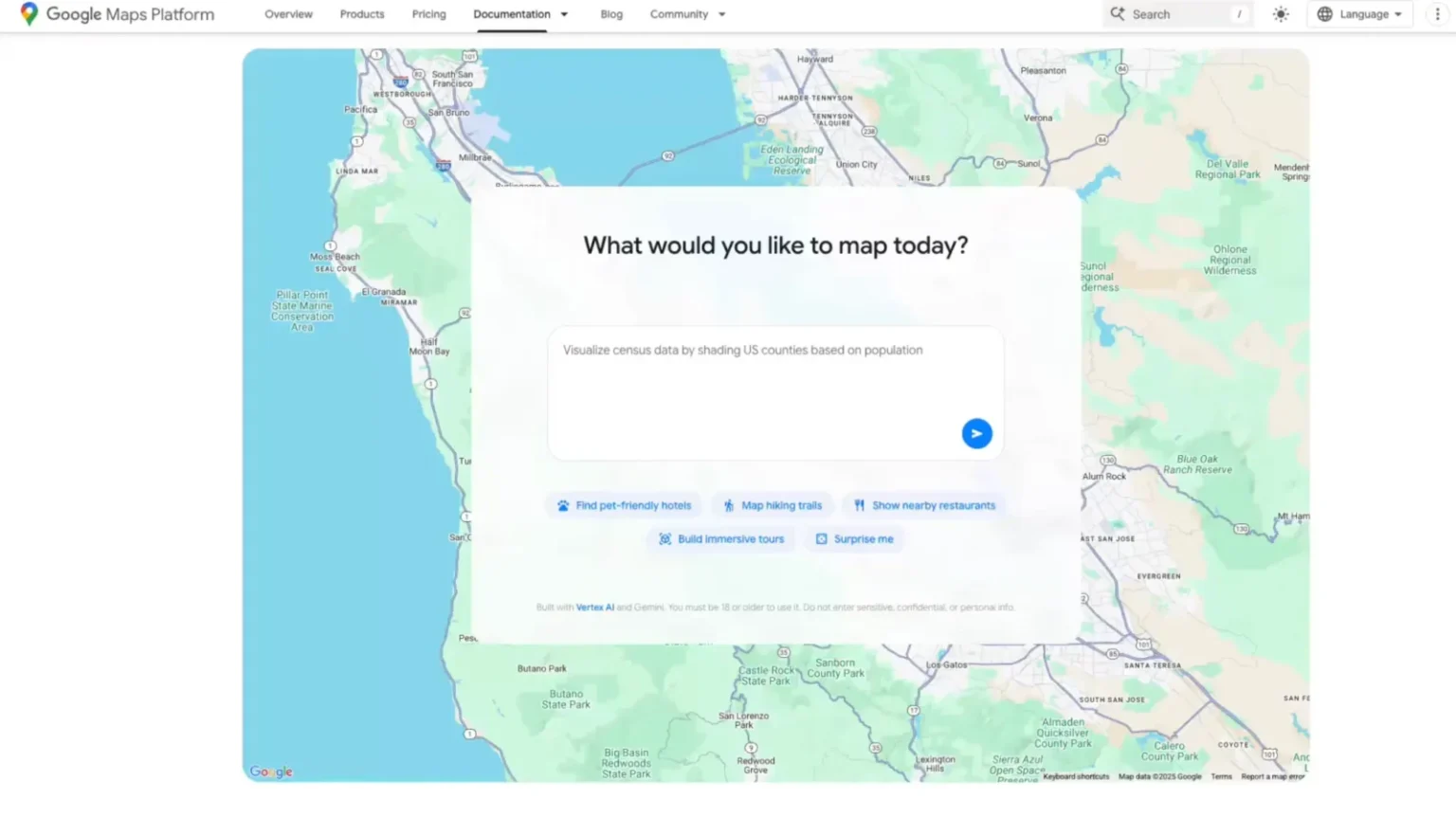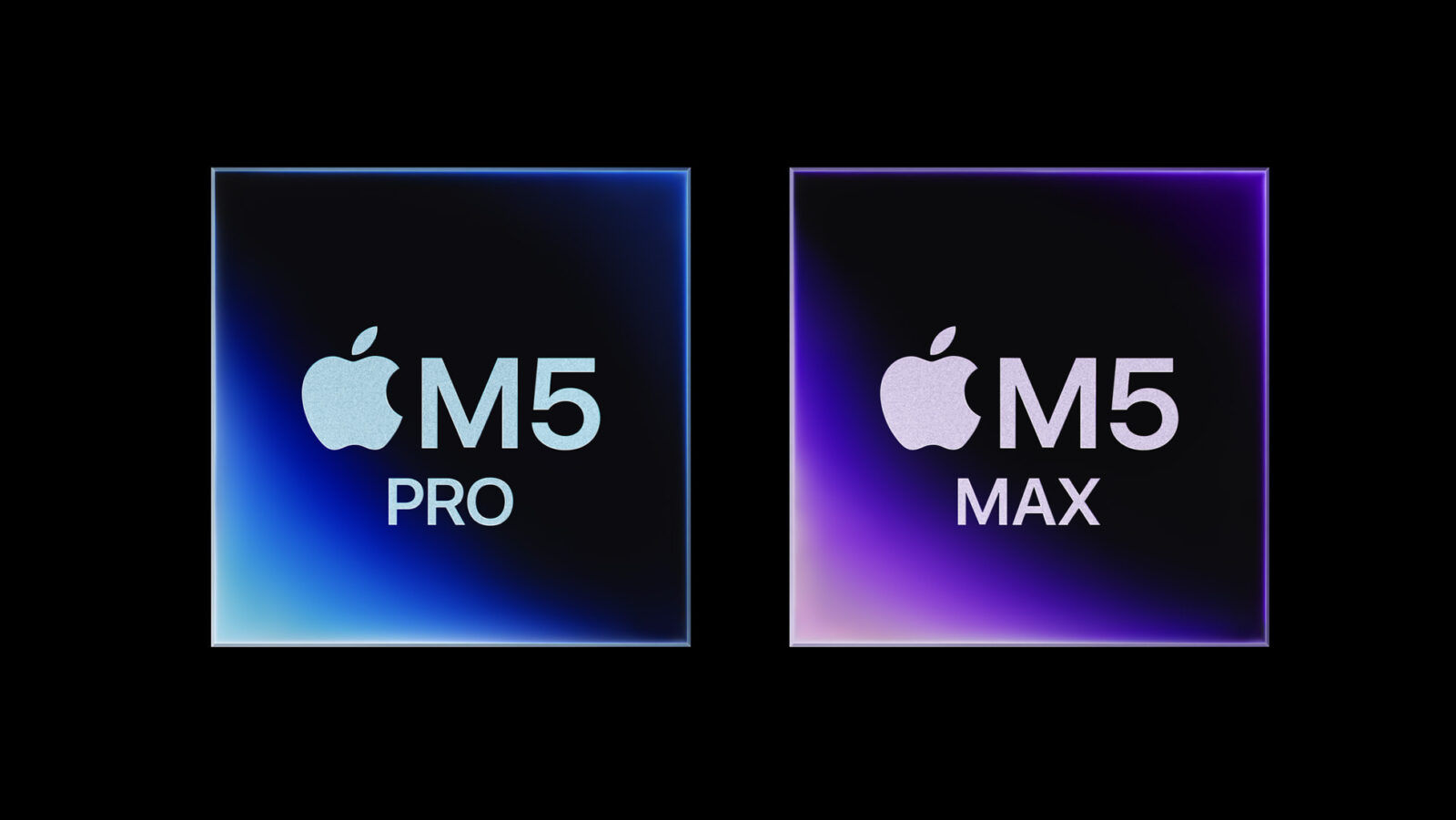Google Maps is expanding its developer toolkit with a suite of new AI-driven features designed to simplify how users and developers build interactive, map-based projects. The updates center around a new builder agent, an MCP server, and several integration tools that draw on Google’s Gemini models to generate and customize projects using Maps data.
The builder agent functions as a text-based assistant that can turn plain-language prompts into working map prototypes. Users can request projects like “create a Street View tour of a city,” “show a real-time weather map of my area,” or “list pet-friendly hotels nearby.” Once generated, the project can be exported, previewed, and modified in Firebase Studio using the user’s own API keys. A styling agent built into the same system allows for quick visual customization, enabling developers and brands to produce maps tailored to specific color schemes or design identities.
These updates follow Google’s broader effort to make its mapping platform more accessible for AI-assisted development. The company already supports map data grounding through the Gemini API, and it’s now introducing a lighter version called Grounding Lite. This feature allows developers to connect their own AI models to Maps data via the Model Context Protocol (MCP), a standard that links assistants to external information sources. The result is a system capable of answering location-based questions—like “how far is the nearest grocery store?”—and presenting responses in visual formats through a new low-code component called Contextual View. Depending on the query, users can see a list, a map, or even a 3D display.
The MCP server further extends the platform by linking Google Maps’ technical documentation directly to development environments. This allows coders to query Maps’ API documentation and receive precise implementation guidance without leaving their workflow. The feature builds on Google’s recent launch of Gemini command line extensions, which give developers streamlined access to Maps data.
While these new tools primarily target developers, Google is also rolling out more Gemini-powered consumer features. Navigation can now be used hands-free with Gemini voice control, and users in India recently gained access to incident alerts and speed limit data in select regions. Together, these updates signal Google’s intent to make Maps not just a navigation tool, but a flexible development and data visualization platform anchored by AI.







